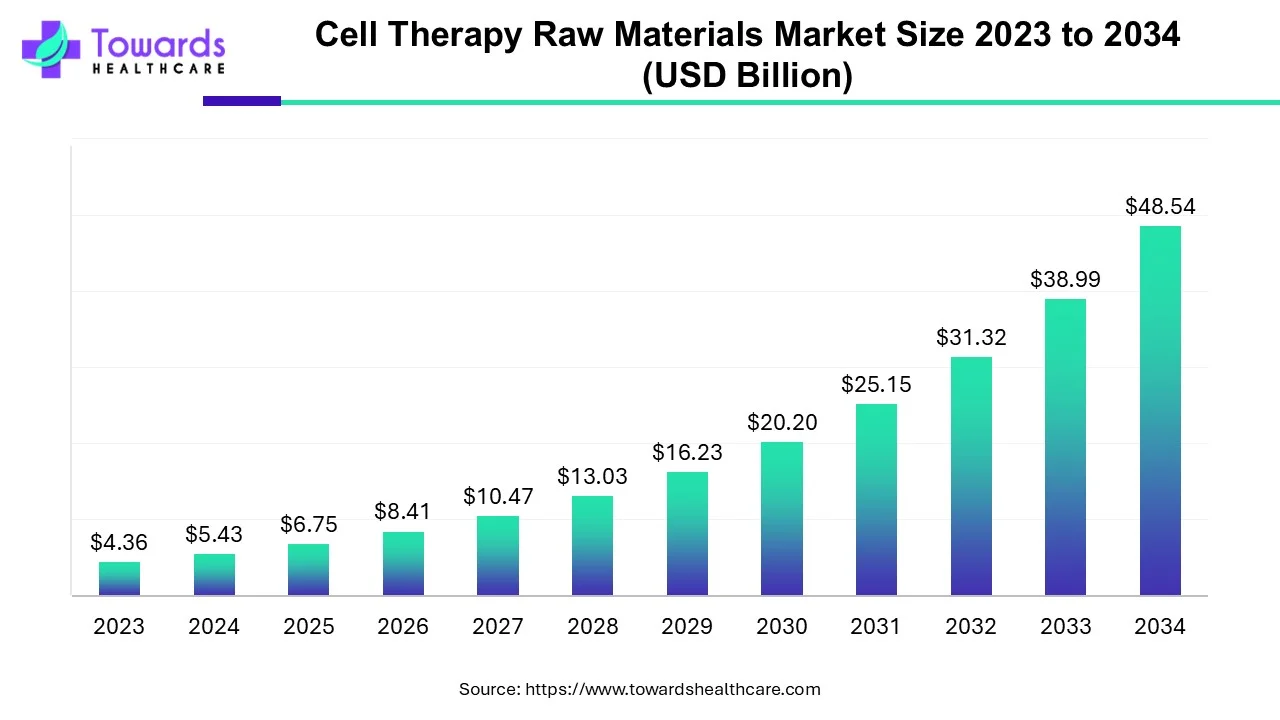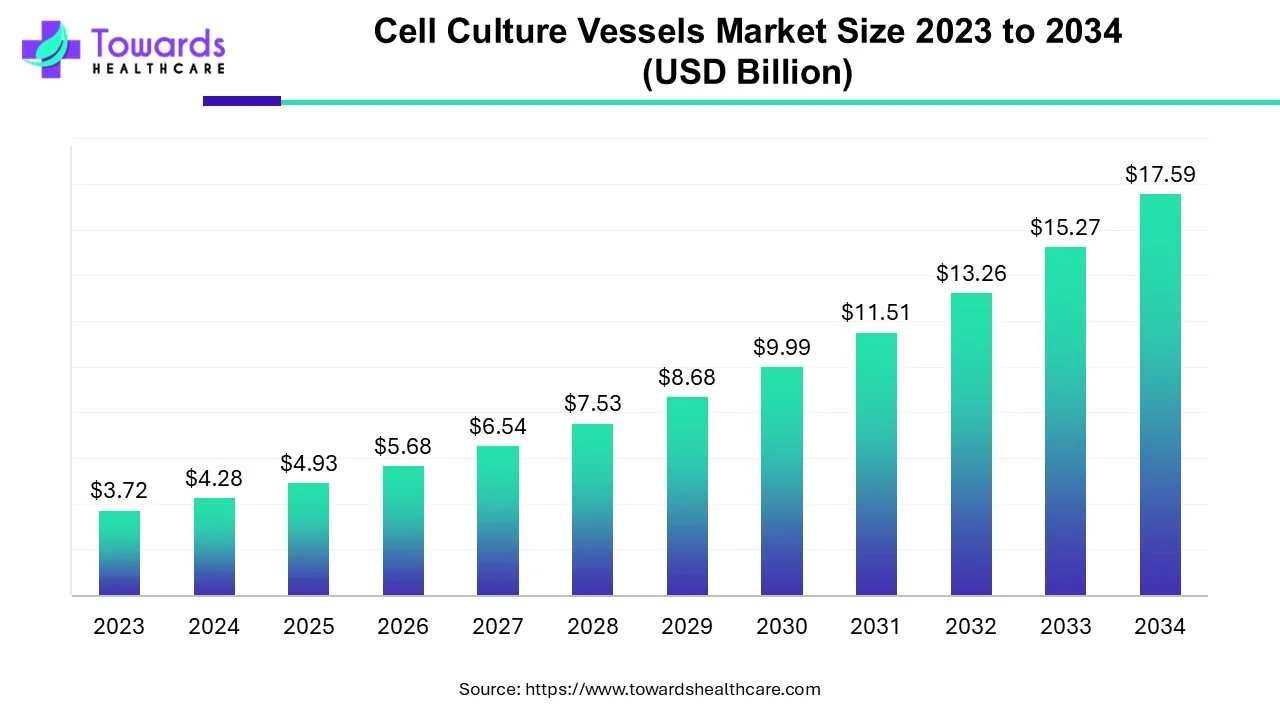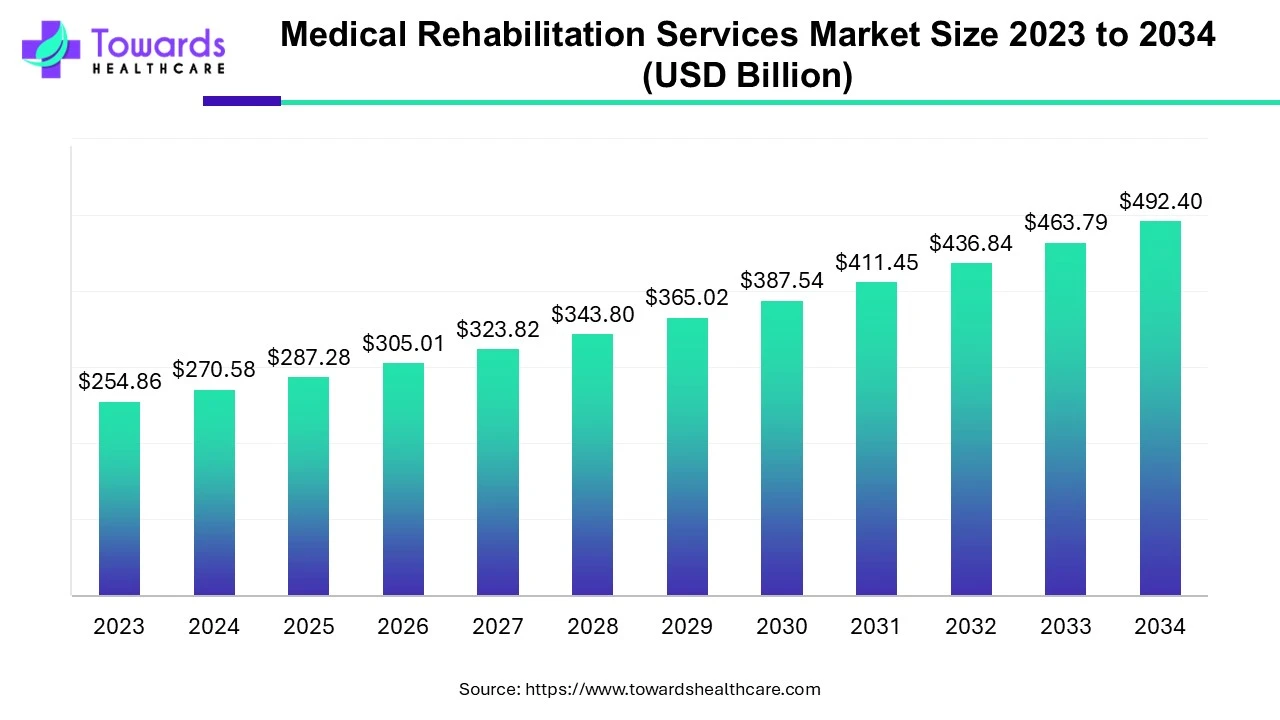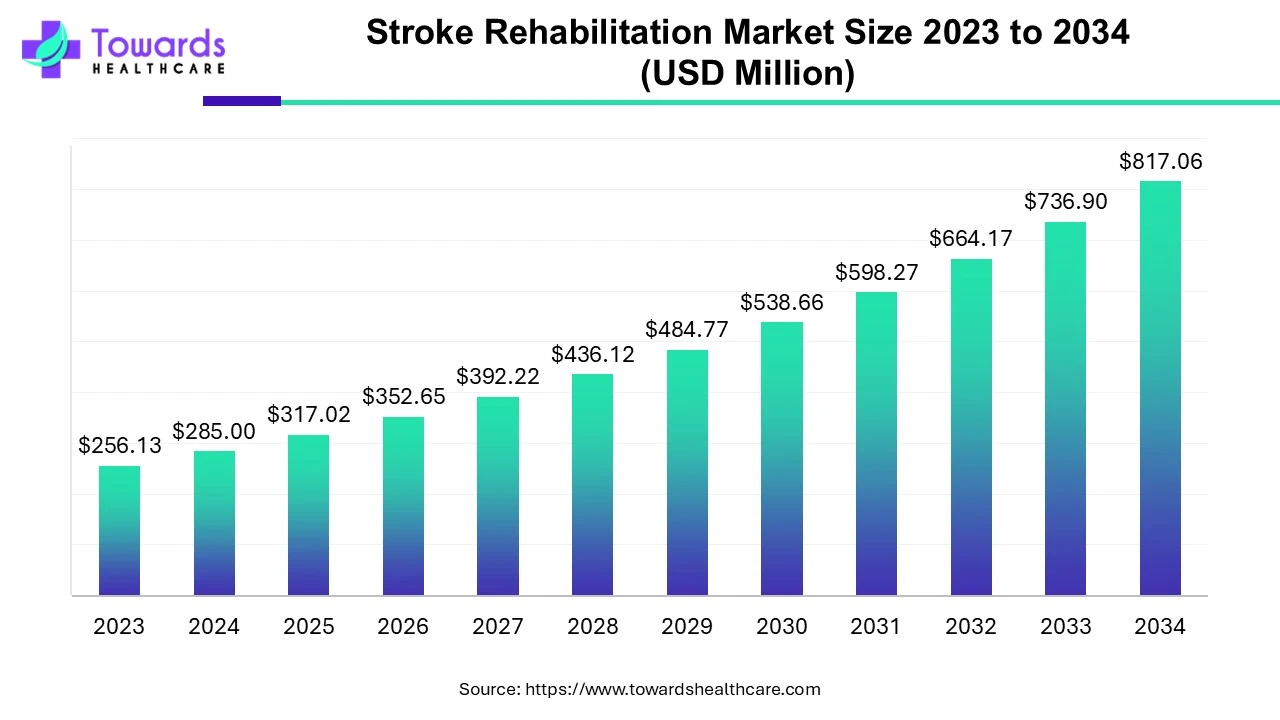Brain-Computer Interface Market: Growth and Opportunities
The global brain-computer interface market is set to grow from USD 2.13 billion in 2022 to USD 9.45 billion by 2032, driven by a 16.7% CAGR. This growth is fueled by the rising prevalence of neurodegenerative diseases and increased use of BCIs in gaming.
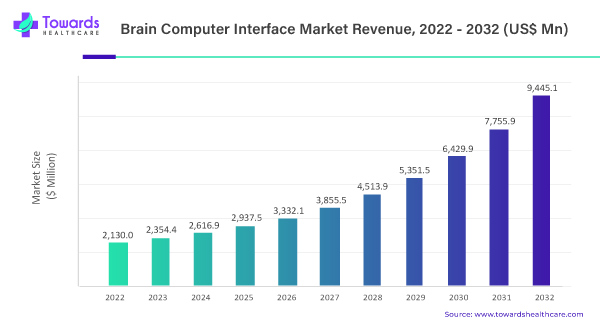
Download statistics of this report @ https://www.towardshealthcare.com/download-statistics/5036
The brain-computer interface (BCI) market is centered around the development and commercialization of devices that enable direct communication between the brain and external devices or computers. BCIs translate brain signals into commands that can control things like a cursor on a screen or even a robotic arm. The growth of this market is being fueled by rapid advancements in neuroscience, increased funding from both public and private sectors, and the potential of BCI technology to greatly improve the quality of life for individuals with disabilities or neurological conditions. However, the technology also faces challenges, such as its complexity, ethical concerns about brain privacy and ownership, and regulatory issues. Despite these hurdles, the BCI market is still in its early stages, and it is expected to see significant growth as research progresses and new applications are discovered.
A similar technology, called the brain-machine interface (BMI), takes neural signals and converts them into commands that can control external devices like machines or robotic arms. BMIs have been particularly useful for people with sensory or motor disabilities, serving as assistive tools for everyday living. Initially, BCI technology was developed to help paralyzed individuals operate assistive equipment using just their thoughts. Over time, however, its applications have expanded. Today, BCIs are also used for neurofeedback training to improve cognitive function. The potential uses of BCIs are vast, ranging from enhancing human capabilities to replacing certain functions. According to the European Commission’s Horizon 2020 project, which focuses on coordinating BCI research, there are six primary application themes: enhancing (e.g., helping recover upper limb movement after a stroke), augmenting (e.g., improving user experience in video games), replacing (e.g., controlling a neuroprosthesis), supplementing (e.g., using augmented reality glasses), and serving as a research tool (e.g., decoding brain signals).
Key Companies in the Brain-Computer Interface Market
- OpenBCI: Specializes in creating open-source brain-computer interface technology, providing accessible BCI tools for research and development.
- Nihon Kohden Corporation: A leading Japanese company in the development of medical equipment, including BCI-related neurodiagnostic and monitoring systems.
- Neuroky: Focuses on developing BCI systems for neurofeedback, enhancing cognitive performance, and providing therapeutic solutions.
- Natus Medical Incorporated: Offers a variety of medical devices, including EEG and EMG systems, relevant for BCI applications in healthcare.
- Integra Lifesciences: Specializes in medical devices, including BCI technologies for neurological monitoring and rehabilitation.
- G.Tec Medical Engineering GmbH: A pioneer in developing BCI technologies, offering systems for neurorehabilitation and brain signal processing.
- Emotiv: Provides wearable EEG headsets and BCI software solutions for both consumer and research applications, focusing on brain monitoring.
- Cortech Solutions: Develops systems for BCI research, particularly in the areas of EEG signal processing and neurofeedback.
- Cadwell Industries: Known for manufacturing neurodiagnostic equipment, including BCI devices used for clinical and research purposes.
- Advanced Brain Monitoring, Inc: Develops BCI systems that integrate EEG technology for sleep, brain health, and neurofeedback applications.
- Mind Technologies, Inc: Provides BCI products for research and clinical settings, particularly in cognitive and behavioral health applications.
- Covidien, Plc: A medical device company that offers neurodiagnostic and monitoring technologies, relevant to BCI systems in healthcare.
- Compumedics, Ltd: Specializes in medical equipment, including EEG systems for neurodiagnostics, which can be used in BCI applications.
- Cas Medical Systems: Develops technologies for monitoring brain activity, offering solutions for both clinical and research use in BCIs.
The Rise of Brain-Computer Interfaces in Healthcare
Brain-computer interfaces (BCIs) are rapidly evolving and offer exciting possibilities, particularly in healthcare, where they have already begun to make a significant impact. In 2022, the healthcare sector dominated the BCI market with a substantial 58.63% market share. Beyond healthcare, BCIs are also being explored for applications in communication, smart home control, and entertainment. Among these, smart home control is expected to experience the fastest growth, with a projected compound annual growth rate (CAGR) of 19.4% in the coming years.
BCIs are particularly promising in treating neurological disorders like Parkinson’s disease, epilepsy, and stroke, where they can assist patients in regaining control over their movements, speech, and other impaired functions. BCIs also hold great potential in prosthetics, where they enable users to control artificial limbs with greater precision and ease compared to traditional prosthetics. Moreover, BCIs are being explored for mental health applications, such as monitoring brain activity in individuals with conditions like depression and anxiety, potentially offering new ways to regulate emotions and improve mental well-being.
Each year, an estimated 250,000 to 500,000 people globally suffer spinal cord injuries (SCI), which often result in lifelong disabilities and significant economic costs. Similarly, stroke affects over 15 million people annually, with a substantial number facing permanent disabilities or death. Additionally, diseases like amyotrophic lateral sclerosis (ALS), which affects nerve cells in the brain and spinal cord, pose a major challenge, with an estimated 5,760 to 6,400 new cases diagnosed each year worldwide.
How Brain-Computer Interfaces Work: The Science Behind the Technology
The human brain is a remarkable organ, capable of sending electrical signals at speeds of up to 250 miles per hour. These signals are generated by neurons, the brain’s nerve cells, which communicate through electrical impulses. While these signals typically travel through insulated pathways, some of the electrical activity escapes, and researchers have developed methods to detect and interpret these signals.
Through this process, scientists can use brain activity to control external devices or machines. Interestingly, this process can also be reversed. For instance, if scientists understand the brain signals associated with seeing the color red, they could theoretically send those signals directly to a person’s brain. This could allow someone who is blind to experience the sensation of “seeing” red, even without functioning eyes. This illustrates the incredible potential of BCIs to not only assist individuals with disabilities but also open up new ways to interact with the world around us.
Discover our detailed Table of Contents (TOC) for the Industry, providing a thorough examination of market segments, material, emerging technologies and key trends. Our TOC offers a structured analysis of market dynamics, emerging innovations, and regional dynamics to guide your strategic decisions in this rapidly evolving healthcare field – https://www.towardshealthcare.com/table-of-content/brain-computer-interface-market
To own our research study instantly, Click here @ https://www.towardshealthcare.com/price/5036
You can place an order or ask any questions, please feel free to contact us at sales@towardshealthcare.com
About Us
Towards Healthcare is a leading global provider of technological solutions, clinical research services, and advanced analytics to the healthcare sector, committed to forming creative connections that result in actionable insights and creative innovations. We are a global strategy consulting firm that assists business leaders in gaining a competitive edge and accelerating growth. We are a provider of technological solutions, clinical research services, and advanced analytics to the healthcare sector, committed to forming creative connections that result in actionable insights and creative innovations.
Visit Dental Specifics: https://www.towardsdental.com
Explore the comprehensive statistics and insights on healthcare industry data and its associated segmentation: Get a Subscription
For Latest Update Follow Us: https://www.linkedin.com/company/towards-healthcare
